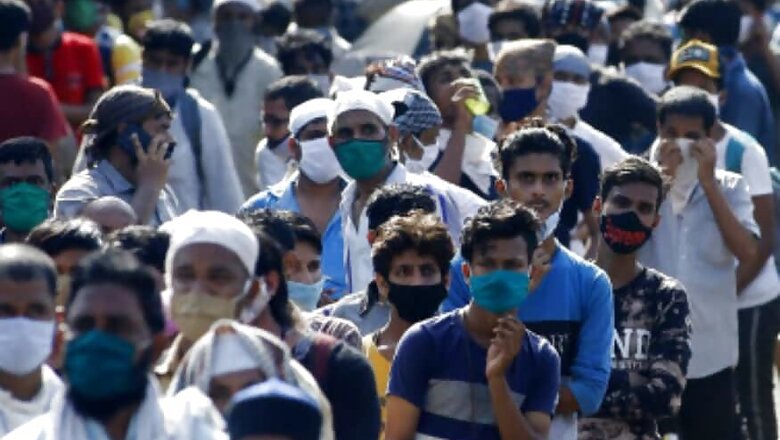
views
The Center has begun the process of unlocking India but that may not mean that people across the country will be able to go back to life as it existed before March 24 when lockdown 1.0 was announced.
While state governments like Karnataka and Goa will be cheering the opening up of hospitality sector as their chief ministers had demanded, states like Punjab, Tamil Nadu and Madhya Pradesh have gone ahead and extended the lockdown. Madhya Pradesh has extended restrictions till June 15, while Punjab and Tamil Nadu has extended it till the end of June.
The extension means that sectors like hotels and hospitality, though allowed by the Centre, won't open up in these states for now. More states may come up with more restrictions of their own in the next few days.
The central government has extended its coronavirus lockdown until June 30 in high-risk zones but permitted restaurants, malls and religious buildings to reopen elsewhere from June 8 despite a record high number of cases detected nationwide on Saturday.
The states are concerned about the pandemic spreading on reopening as India has not managed to flatten the curve despite the over two-month lockdown. India reported a record daily jump of 7,964 new COVID-19 infections on Saturday and has so far recorded 173,763 positive cases and 4,971 deaths.
The Ministry of Home affairs in its latest set of guidelines has divided the reopening of the country into three phases. In phase one, places of worship, hotels, restaurants and even malls have been permitted to open from June 8. In phase 2, schools, colleges and educational institutions will be permitted. This will come into effect in July.
In phase three, the call will be taken on metro travel and international flights, swimming pools, gyms, etc.
Kerala has expressed reservation about opening up places of worship. The Maharashtra government, too, is worried about footfalls if temples like Siddhi Vinayak are opened. Maharashtra, as per officials, had requested for opening up of local trains at least for those who are involved in providing essential services. While MHA guidelines put no restriction on local train travels, metro is on the restricted list till phase three.
On the other hand, West Bengal had even before the MHA guidelines allowed places of worship to open from June 1 itself. A top MHA officer when asked about Bengal's decision said, "They will have to revise their guidelines. States can't violate MHA guidelines."
The Delhi government's demand for opening up malls has been met but surprisingly Delhi has not allowed salons and barbers in the last two weeks even though MHA guidelines allowed it in lockdown 4.
The MHA has also lifted all restrictions on number of employees in offices. But in the absence of metro not functioning and social distancing norms being enforced in buses, this is a challenge for states. There may not be enough public transport available for employees to reach workplaces.
Another problem area is inter-state travel. While MHA guidelines say there shall be no restrictions on inter-state and intra-state movement of persons and goods and no separate permission/approval/e-permit will be required for such movements, it adds that a state for reasons of public health can regulate movement of people.
This could mean people wanting to travel between Delhi and Haryana, for example, might continue to face problems. On Sunday morning, there was no change at the Delhi-Gurugram border as officials from Haryana demanded passes to let people cross the state border.
Central government functionaries were of the opinion that there can be no going back on the decision to open up the economy. Hence, rising numbers have not had a reflection on decision to unlock India. However, officials did say it is important to ensure stricter measures in containment zones.











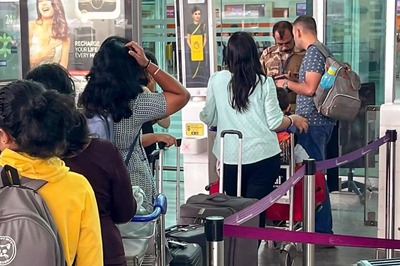
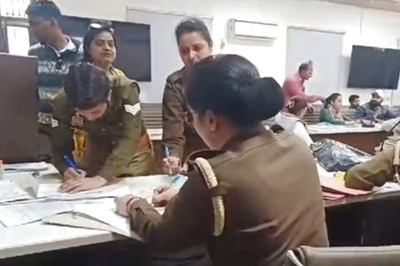

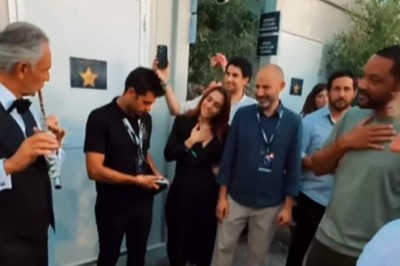
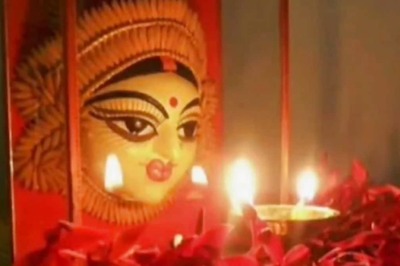


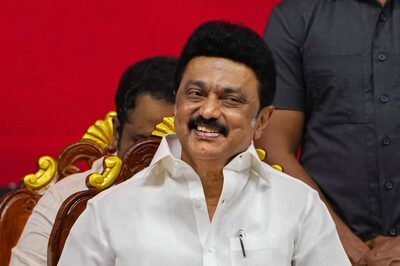
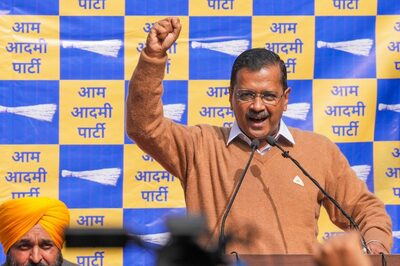
Comments
0 comment